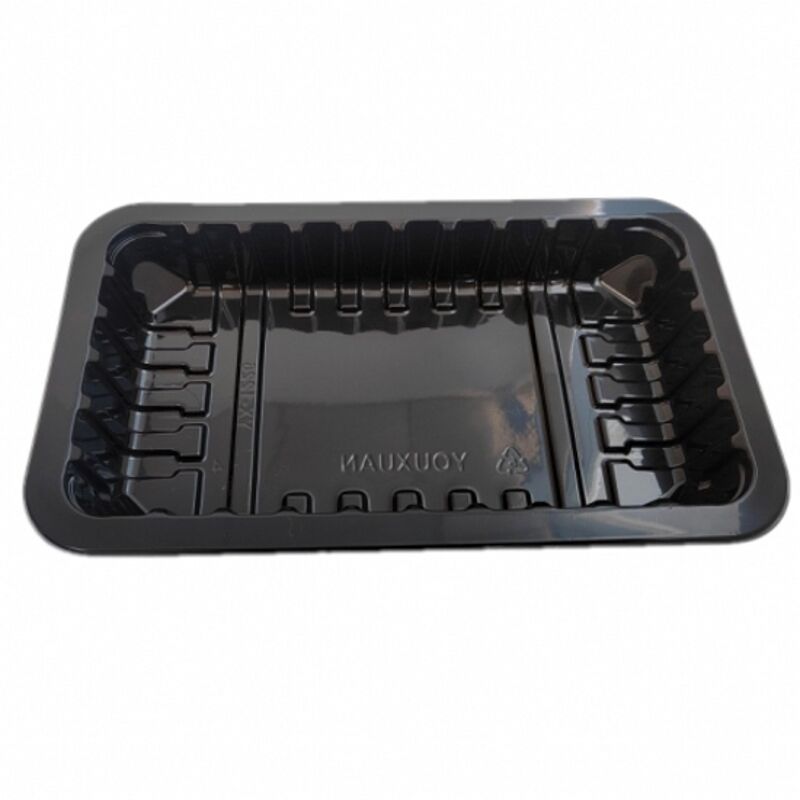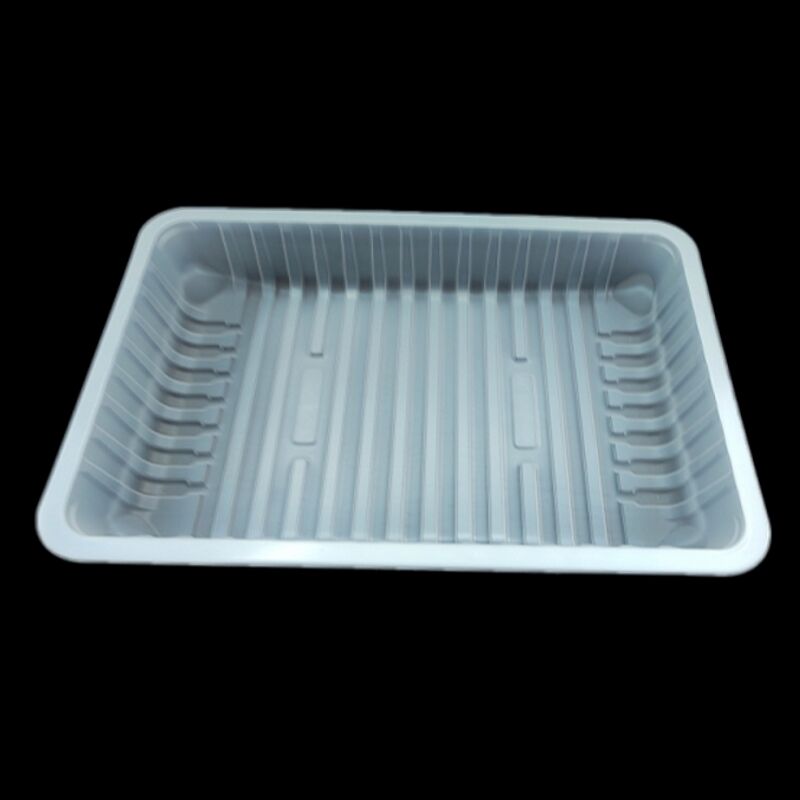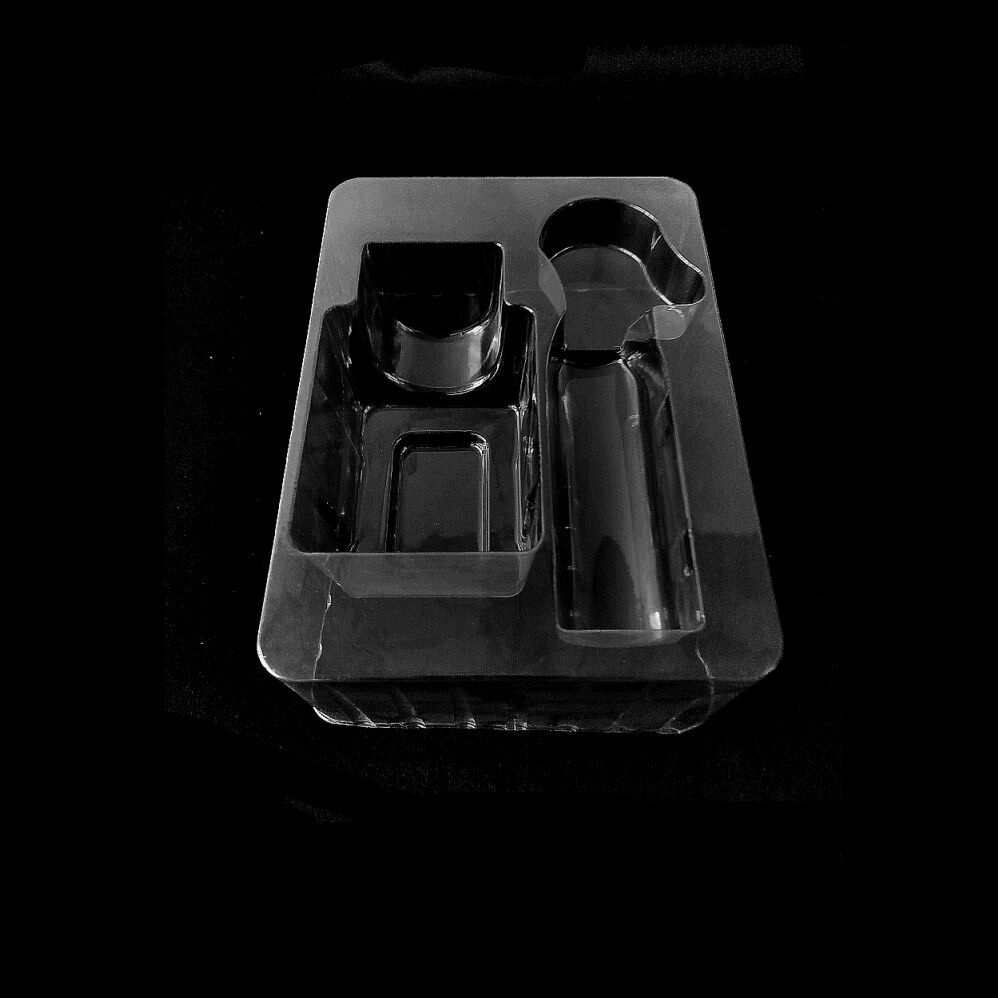plastic blister manufacturer
A plastic blister manufacturer specializes in producing high-quality, custom-designed packaging solutions for various industries. These advanced facilities combine state-of-the-art machinery with precision engineering to create durable, transparent packaging that effectively protects and displays products. The manufacturing process involves thermoforming technology, where plastic sheets are heated to a pliable temperature and formed into specific shapes using precision molds. Modern manufacturers employ automated systems for quality control, ensuring consistent production of blister packs that meet strict industry standards. These facilities typically feature clean room environments for medical and pharmaceutical packaging production, advanced tooling capabilities for custom designs, and integrated testing facilities to verify package integrity. The manufacturing setup includes multiple production lines capable of handling different plastic materials, including PVC, PET, and biodegradable alternatives, allowing for versatile packaging solutions. These manufacturers often provide comprehensive services from initial design consultation through prototype development to mass production, ensuring optimal packaging solutions for diverse product requirements.


